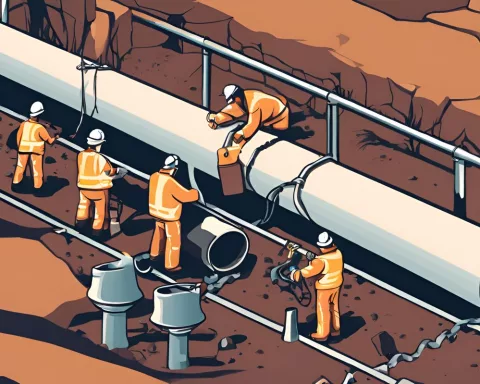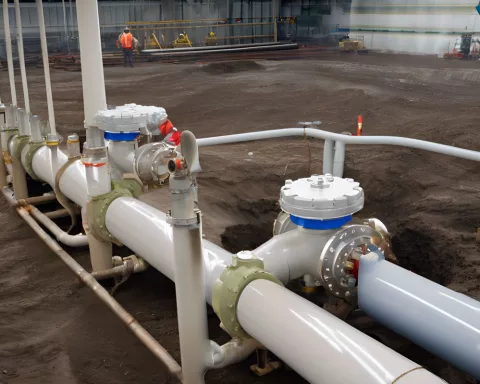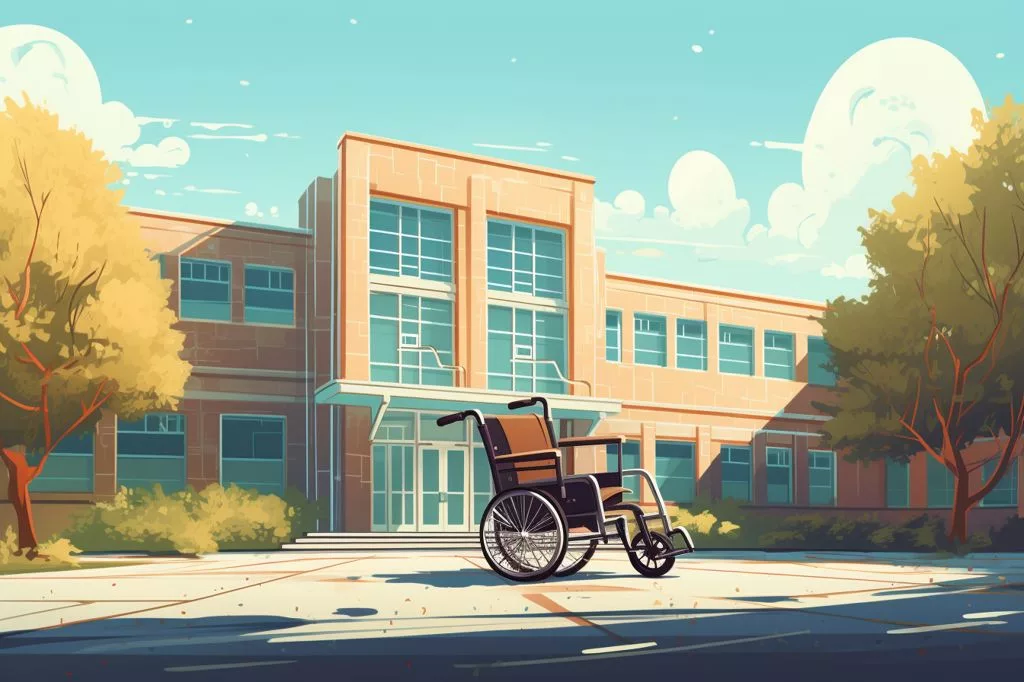Cape Town is getting ready for planned maintenance work on its water supply infrastructure, affecting various areas, including Plumstead, Wynberg, and other suburbs. The testing aims to ensure that the pressure-reducing valves (PRVs) in the water supply network are working effectively. Some residents may experience pressure fluctuations, while others may have no water supply during the testing period. The City advises residents to store enough water in clean, sealed containers and keep their taps closed to prevent water loss or damage.
Cape Town, known for its beauty and charm, is preparing for a series of water supply disruptions this week. The City of Cape Town’s water and sanitation directorate has scheduled planned work on its water supply infrastructure, impacting various areas. As a consequence, residents in the affected areas must be ready for possible interruptions to their water supply and seek alternative arrangements during this time.
Zero-pressure Tests and Conditional Assessments
The areas affected by the zero-pressure tests (ZPT) and conditional assessments include Plumstead and Wynberg. The water supply network will undergo assessments, resulting in lower-than-usual pressure for some parts during the day for up to 1.5 hours as the evaluations progress. This testing aims to ensure that the pressure-reducing valves (PRVs) in the water supply network are working effectively, managing pressures at the determined settings to maintain the pipeline’s lifespan and minimize water wastage caused by pipe bursts. As a result, some residents may experience pressure fluctuations. However, the City assures that pressure fluctuations will be minimized as much as possible.
Die Wingerd, Greenway Rise, Stuart’s Hill, and Martinville (Bizweni – Somerset West) will also face zero-pressure testing on their water supply networks. Table View, Flamingo Vlei, and Bloubergstrand are next on the list, followed by Sunningdale and Bloubergstrand. The City explains that zero-pressure testing and step-testing are conducted in advance as part of the installation process for its pressure management technology. These tests help identify any unmapped inflows before installing smart pressure-reducing valves. Thus, some residents in the affected areas may experience low water pressure, while others may have no water supply during the testing period. The City adds, “It is not possible to predict which areas or streets will experience disruptions. Managing water pressure more effectively reduces the possibility of pipe bursts and water wastage.”
Maintenance Work and Installations
Maintenance work, including pipe and valve installations, repairs, and replacements, will also occur in several locations. The Steenbras Water Treatment Plant will be shut down to safely install a valve on the outlet pipeline of the plant, while Site B – Nonkqubela area (Khayelitsha) will have its water supply shut off for the installation of a 450mm diameter valve on the main water supply pipeline. Water tankers will be available to provide water for domestic consumption where needed.
The Molteno Reservoir will also be shut down for maintenance, with areas supplied by the reservoir receiving water from elsewhere in the bulk water supply network. Mowbray and Rondebosch, including the Business Park, Hotel, and Golf Course on the Pinelands side of the N2, will have their water supply main shut off for the installation of a 300mm diameter valve on the main water supply pipeline and repair fire hydrants. Lastly, Scarborough’s water supply will be shut off to complete construction work on the main water supply pipeline, including isolating the old pipelines along Camel Rock, Seagull, Egret, and Beach Roads and connecting the newly installed pipelines to the water supply network.
Precautions and Recommendations
The City emphasizes that careful planning has taken place to ensure the least disruptive timing for this maintenance work. However, unforeseen complexities may arise, resulting in longer-than-expected water supply disruptions. Residents are encouraged to keep their taps closed to prevent water loss or damage and store enough water in clean, sealed containers during this period. The City also advises that the water may appear discolored or milky due to trapped air in the pipes once the water supply is restored. However, if left to stand, the water will regain its clarity.
Through these upgrades and maintenance efforts, Cape Town remains committed to ensuring the sustainability and efficiency of its water supply network, helping the city maintain its reputation as a thriving and vibrant destination for residents and tourists alike.
1. What is happening in Cape Town regarding the water supply?
Cape Town is preparing for planned maintenance work on its water supply infrastructure, affecting various areas, including Plumstead, Wynberg, and other suburbs.
2. Which areas are affected?
The areas affected by the zero-pressure tests (ZPT) and conditional assessments include Plumstead, Wynberg, Die Wingerd, Greenway Rise, Stuart’s Hill, Martinville, Table View, Flamingo Vlei, Bloubergstrand, Sunningdale and Bloubergstrand.
3. What is the purpose of zero-pressure testing?
The testing aims to ensure that the pressure-reducing valves (PRVs) in the water supply network are working effectively, managing pressures at the determined settings to maintain the pipeline’s lifespan and minimize water wastage caused by pipe bursts.
4. What can residents expect during the testing period?
Some residents may experience pressure fluctuations, while others may have no water supply during the testing period.
5. What precautions should residents take during the maintenance work?
Residents are advised to store enough water in clean, sealed containers and keep their taps closed to prevent water loss or damage.
6. What is the purpose of the maintenance work?
Maintenance work, including pipe and valve installations, repairs, and replacements, aims to ensure the sustainability and efficiency of Cape Town’s water supply network.
7. Will there be water tankers available during the maintenance work?
Yes, water tankers will be available to provide water for domestic consumption where needed.
8. What should residents do if their water appears discolored or milky after the maintenance work?
The water may appear discolored or milky due to trapped air in the pipes once the water supply is restored. However, if left to stand, the water will regain its clarity.












